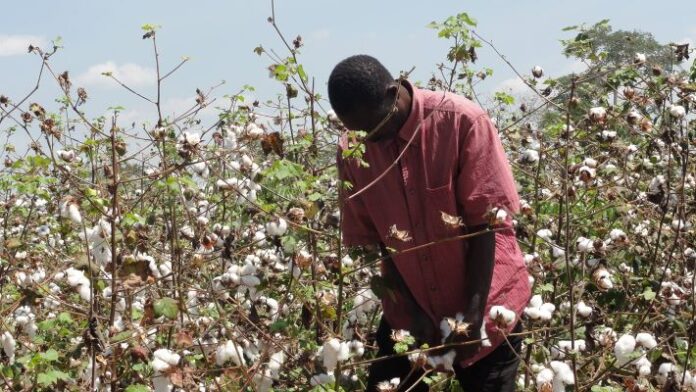The International Labour Organisation (ILO) and the government of Brazil have launched 558,170 US dollar-project in Tanzania to promote decent work in the value chain of cotton production in the East Africa Country.
According to Prof Joyce Ndalichako, the country’s Minister of State in the Prime Minister’s Office (Labour, Youth, Employment and Persons with Disability), the ‘Decent Work in Cotton Sector’ project will enhance women and children’s well-being in the cotton farming communities.
This follows recent statistics indicating that child labour in the country has reached 24.9 per cent, with the agriculture sector being the leading employer of children.
“This is because farming primarily occurs in rural areas, where farmers often utilise their children as labour to reduce operational costs, consequently diminishing the value of their produce in the global market,” said Prof Ndalichako during the launch of the project in Dar es Salaam.
She added that the initiative is expected to strengthen adherence to labour standards, promote safety and health and protect children’s rights within the cotton sector in Tanzania.
Tanzania, Brazil strong partnership
Ndalichako praised the collaborative efforts of ILO and the Brazilian government for their support in securing funding for a significant project. This project is the result of a strong partnership between the Tanzanian and Brazilian governments.
“The primary goal of this project is to advance decent labor practices within the cotton value chain and protect the rights of children. It will be executed in the Meatu District, situated in the cotton-rich Simiyu Region of Tanzania,” she elucidated.
Ndalichako emphasized that “the project’s successful implementation, particularly in Meatu District, is crucial to ensure its triumph and pave the way for positive changes in other key cotton-producing regions.”
The government envisions that this project will bolster institutional capabilities to eliminate child labor and enhance child protection, including the establishment of a National Action Plan against Child Labor. Additionally, it aims to elevate compliance with labor standards throughout the cotton value chain.
Conducive working conditions for cotton farmers
Ambassador Gustavo Naguera of Brazil in Tanzania underscored that this project is a collaborative endeavor involving Brazil, Tanzania, and the International Labour Organisation. Their collective focus is on fostering conducive working conditions for cotton farmers.
“These endeavors are anticipated to improve the lives of children by granting them access to quality education and safeguarding their rights. The project’s ultimate aim is to establish a sustainable and responsible cotton value chain, creating meaningful employment opportunities and contributing to community development,” he explained.
“Through this project, we aspire to nurture a generation of children free from the toils of labor, enabling them to access an education that empowers them to realize their potential and shape their own destinies,” Naguera added.










[…] Credit: Source link […]
[…] Source: Farmers Review Africa […]
Comments are closed.